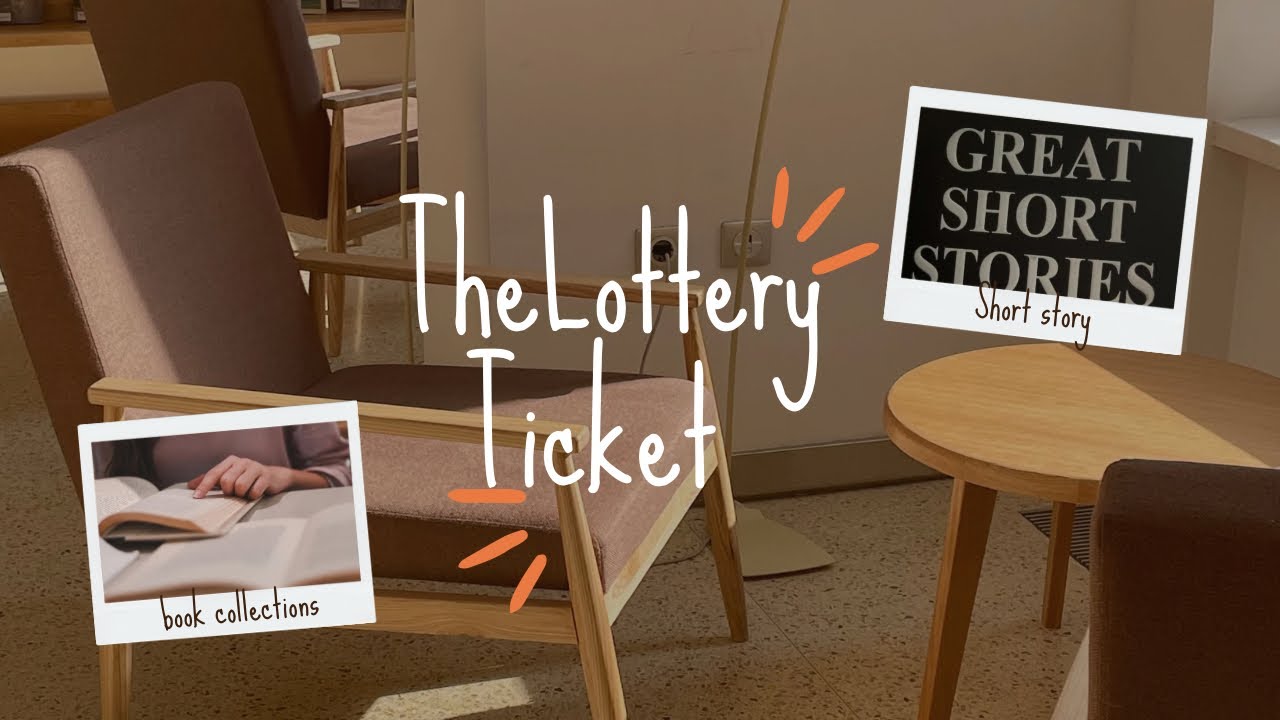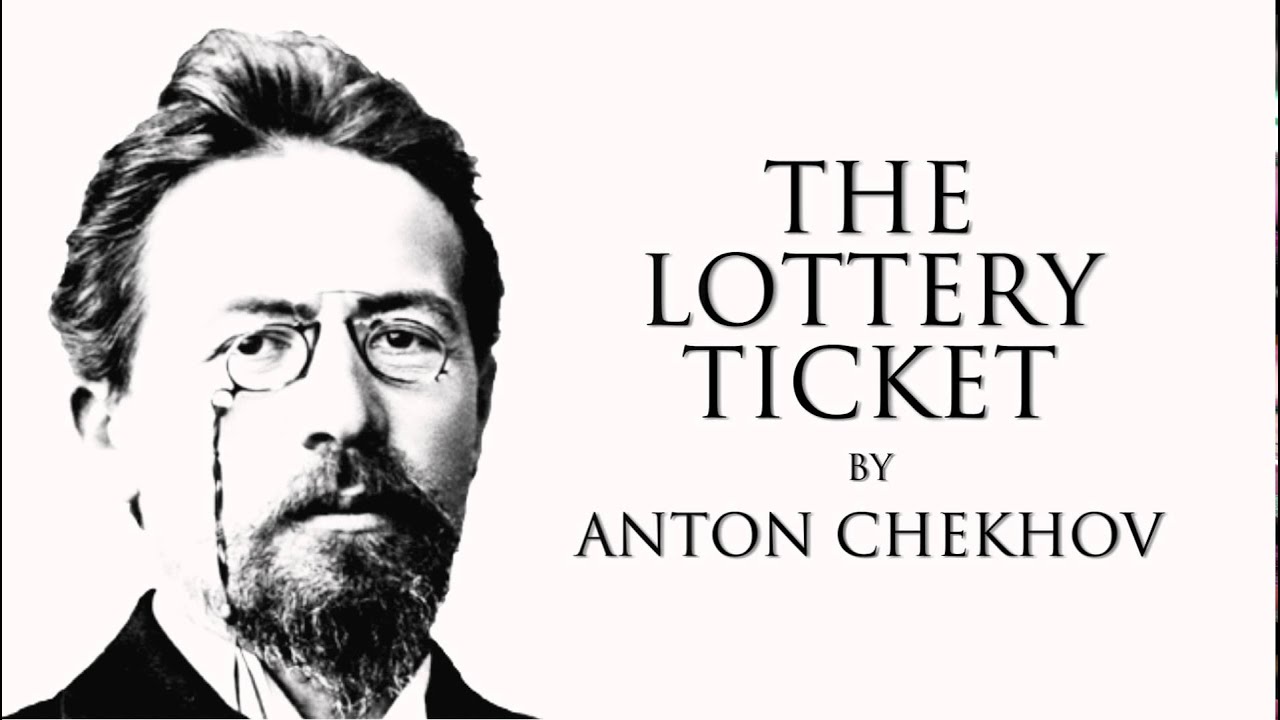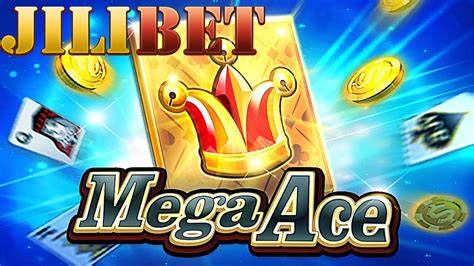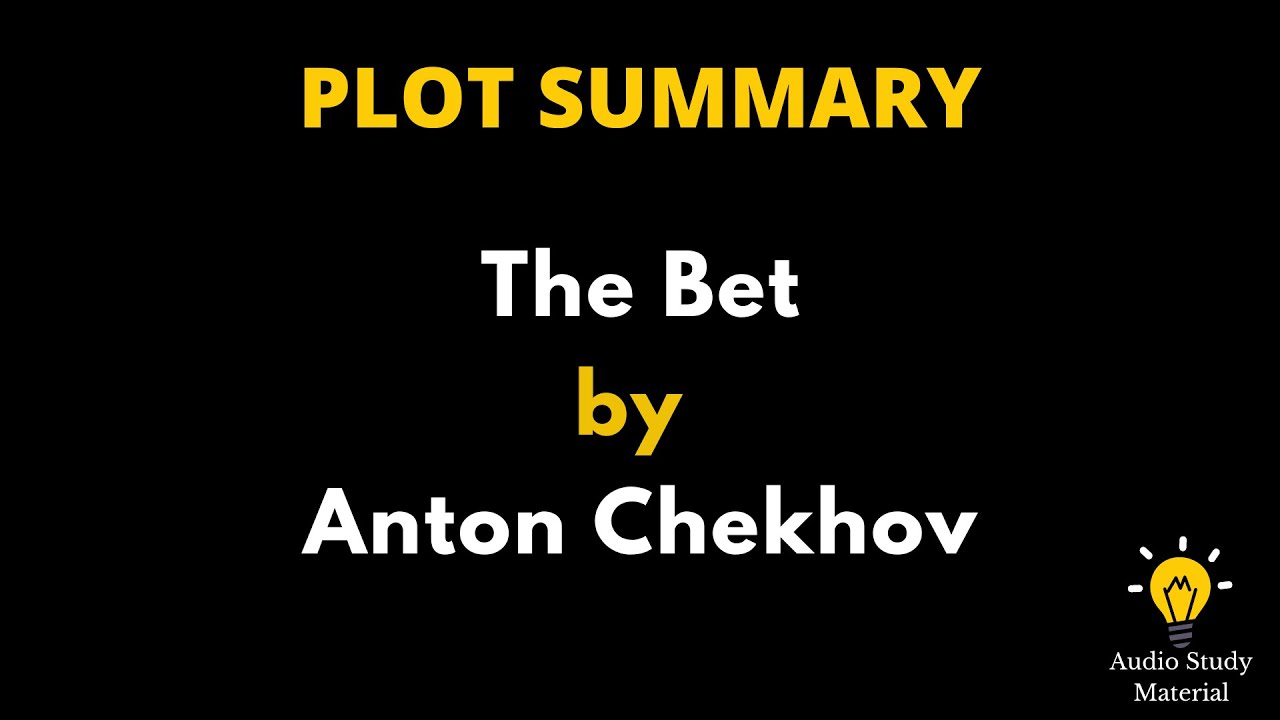A Comprehensive Summary of Anton Chekhov's Lottery Ticket in Jilibet
An Academic Analysis of Anton Chekhov’s "The Lottery Ticket": Themes, Narrative Structure, and Socio-Psychological Implications


Abstract
This article provides a formal academic analysis of Anton Chekhov’s short story "The Lottery Ticket," exploring its narrative structure, thematic depth, and socio-psychological implications. Emphasizing key concepts such as wealth, hope, disillusionment, and the allure of fortune, the study examines how Chekhov critiques human desire and economic aspiration through the symbol of the lottery ticket.
1. Introduction
Anton Chekhov’s "The Lottery Ticket" is a seminal short story that delves into the complexities of human desire and the psychological impact of imagined wealth. In this narrative, Chekhov employs the motif of a lottery ticket to explore the interplay between hope and disillusionment. This article presents an academic analysis of the story, focusing on its narrative structure, key themes, and the socio-economic commentary embedded in the text. Keywords such as The Lottery Ticket, Anton Chekhov, short story, wealth, hope, and disillusionment are central to this discussion.
2. Summary of "The Lottery Ticket"
2.1 Plot Overview
"The Lottery Ticket" follows the internal journey of the protagonist, who envisions a life transformed by the prospect of winning a large lottery prize. The narrative unfolds as the protagonist daydreams about the myriad possibilities that such a windfall could bring, including financial security, social status, and personal fulfillment. This internal monologue and speculative imagination drive the story’s central conflict, as the protagonist grapples with the tension between the allure of potential wealth and the inevitable return to mundane reality.
2.2 Character Dynamics
The protagonist’s internal transformation, from exuberant hope to profound disillusionment, is emblematic of the broader themes of the narrative. Chekhov portrays the character’s emotional oscillation with subtlety, illustrating how the mere possibility of wealth can alter one’s perception of life and self-worth. The dynamic interplay between fantasy and reality serves as a critical commentary on human nature and the consequences of unfettered greed.
3. Thematic Exploration and Analysis
3.1 The Illusion of Wealth and Economic Aspiration
Central to the story is the theme of the illusory promise of wealth. The lottery ticket symbolizes not only the hope for financial liberation but also the transient nature of economic aspiration. Chekhov critiques the societal obsession with money by highlighting the psychological dangers inherent in the fixation on material success. This theme resonates with broader socio-economic discourses on the impact of wealth on human behavior.
3.2 Psychological Transformation and Disillusionment
The narrative skillfully depicts the protagonist’s psychological transformation, marked by an initial surge of optimism followed by eventual disillusionment. The story underscores how the allure of potential riches can lead to a distorted perception of reality. This shift from hope to despair reflects the inherent risks of speculative dreaming, providing a poignant commentary on the volatility of human emotions in the face of economic uncertainty.
3.3 Social Critique and Moral Implications
Beyond individual psychology, "The Lottery Ticket" serves as a subtle social critique of materialistic values and the relentless pursuit of fortune. Chekhov uses the narrative to question the moral foundations of a society that places undue emphasis on wealth as the ultimate measure of success. The story’s moral ambiguity invites readers to reflect on the true sources of happiness and fulfillment beyond mere financial gain.
4. Literary Techniques and Symbolism
4.1 Use of Irony and Subtle Satire
Chekhov’s narrative is imbued with irony, as the protagonist’s lofty dreams of prosperity are juxtaposed against the stark reality of everyday life. The ironic tone serves to underscore the futility of placing one’s hopes solely on the prospect of wealth. This use of irony is a critical literary technique that enhances the thematic depth of the story.
4.2 Symbolic Role of the Lottery Ticket
The lottery ticket in the story functions as a multifaceted symbol representing hope, chance, and the inherent unpredictability of life. It embodies the promise of transformation and the inherent risk of disillusionment, serving as a constant reminder of the ephemeral nature of fortune. The symbolism of the lottery ticket is central to understanding Chekhov’s critique of human aspirations and the often-destructive nature of greed.
5. Conclusion
Anton Chekhov’s "The Lottery Ticket" remains a powerful exploration of the human condition, capturing the delicate balance between hope and disillusionment. Through its rich narrative structure, nuanced character dynamics, and potent symbolism, the story critiques the allure of wealth and the moral pitfalls of materialistic aspirations. Chekhov’s work continues to resonate as a timeless commentary on the volatile interplay of economic desire and psychological transformation.



